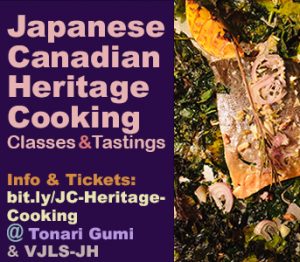Rather a TCK than a Kikokushijo
The choice between becoming Canadian (or American) and going back to being Japanese has to have been the critical decision faced by some elements of the Japanese immigrant communities in North America from the time they started coming over around the turn of the 20th century.








